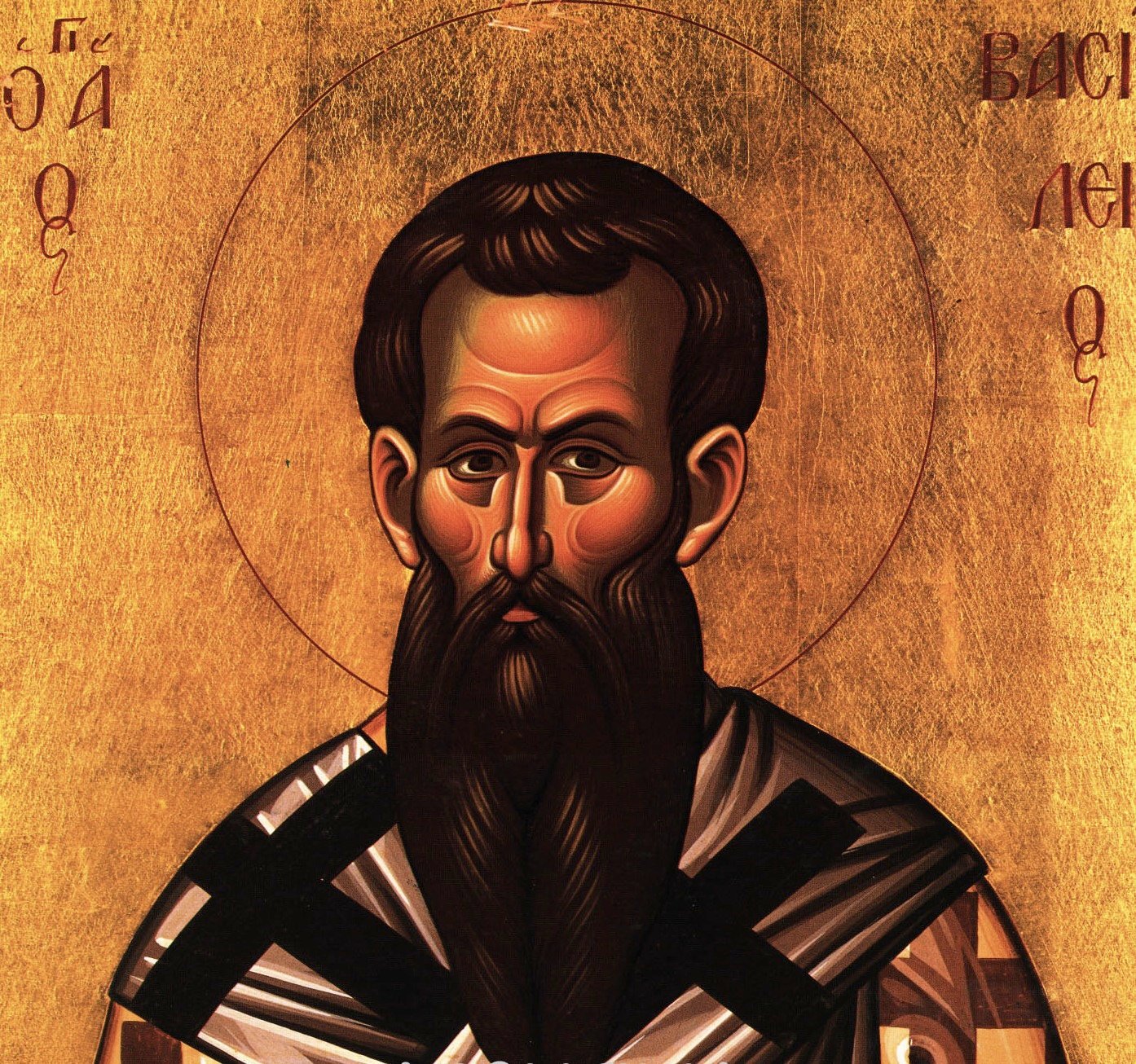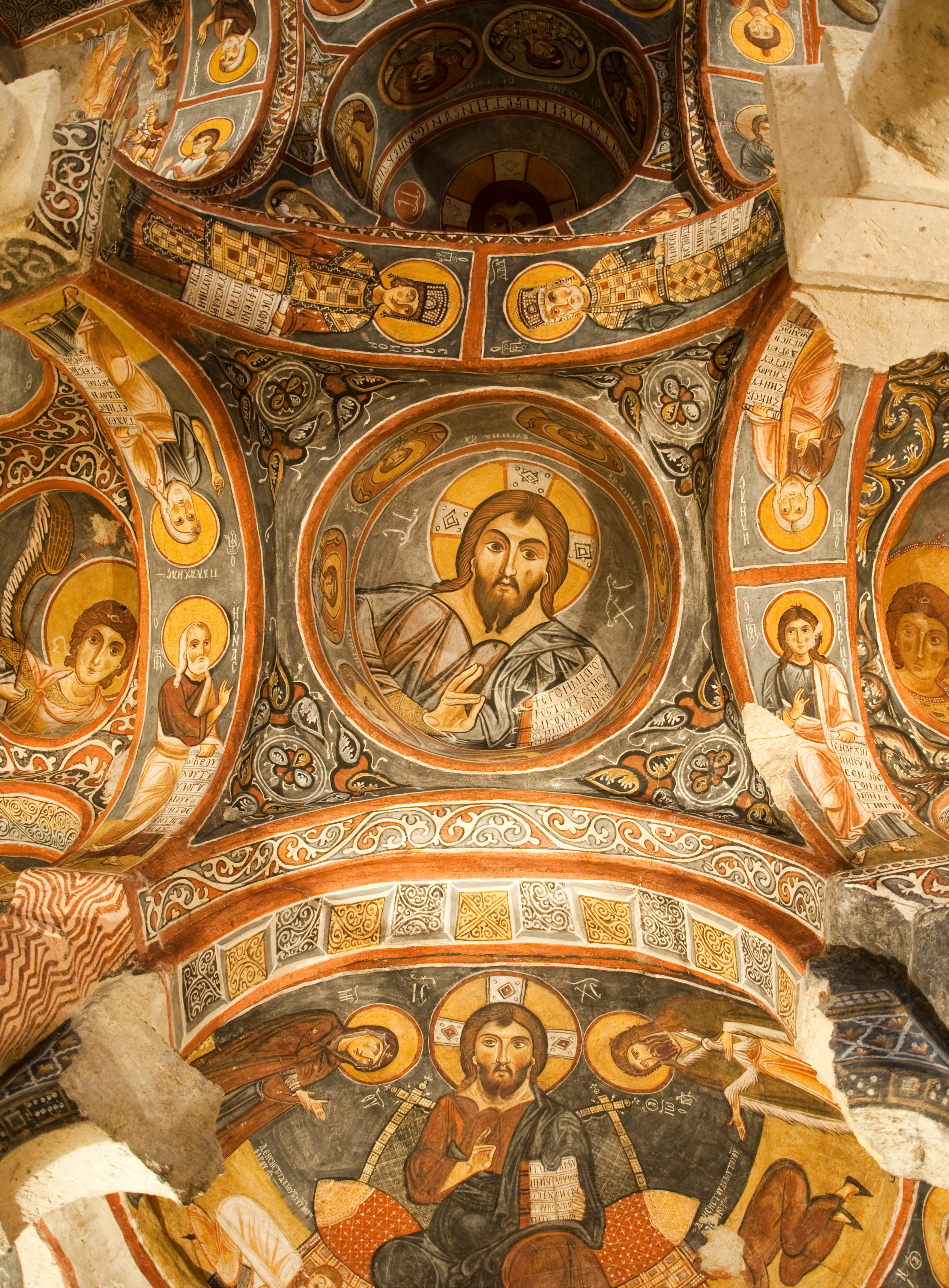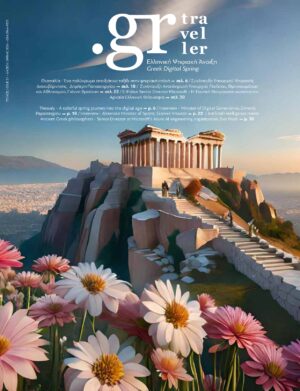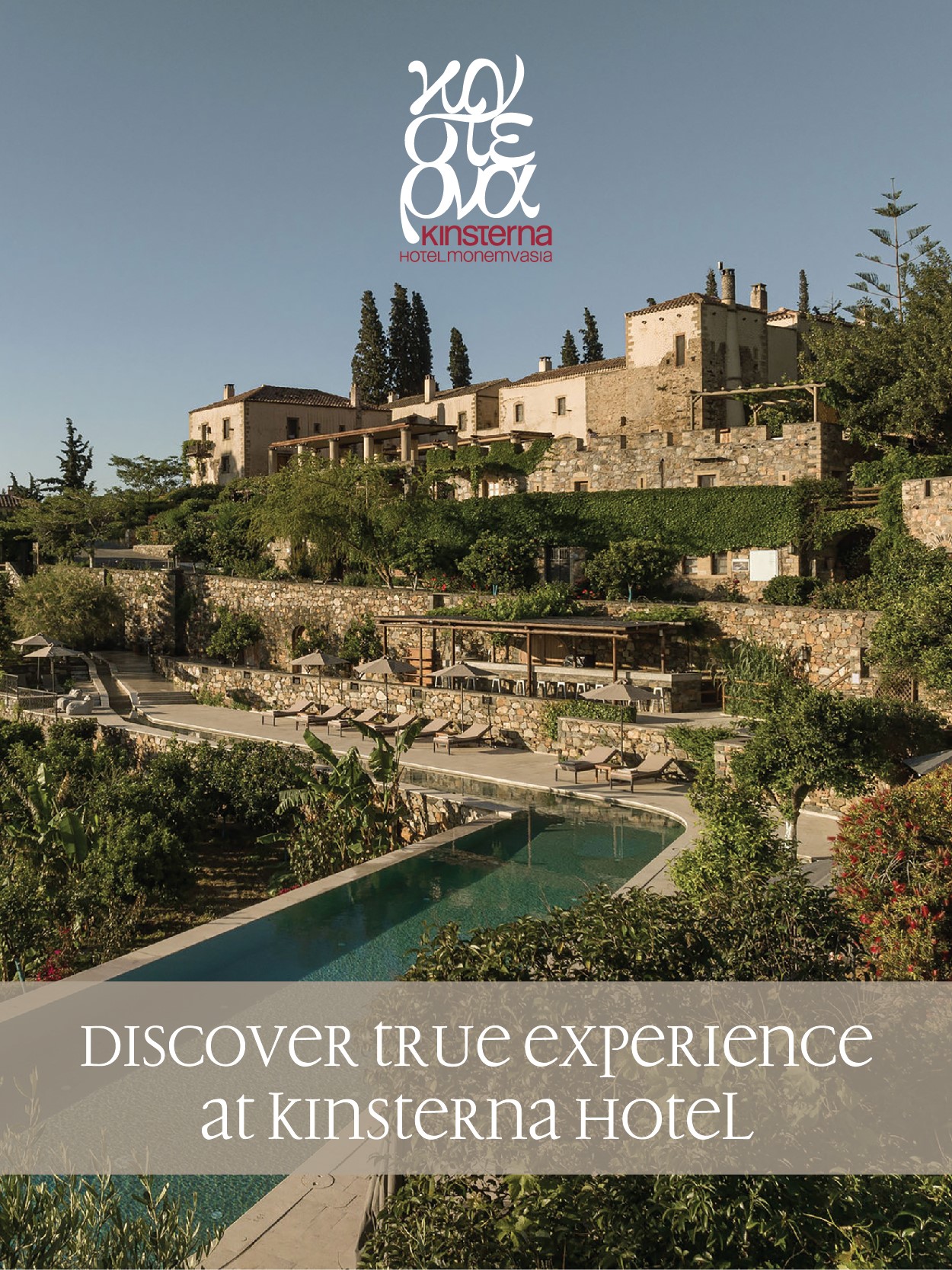π. Basil I. Kalliakmanis
Καθηγητής Τμήματος Θεολογίας Α.Π. Θεσσαλονίκης

When speaking about Megas Vasilios, his studies in Athens, his practice in Pontus, his incontinence, his social contribution and his literary work are highlighted. It is perhaps not widely known that, apart from his parents, his grandmother played an important role in the education of the leading universal teacher. M. Basil writes that she transfused the spirit of life into her grandchildren. He shared the life experience he drew from St. Gregory of Neocaesarea the Wonderworker.
The late Professor Stylianos Papadopoulos vividly portrays the relationship between the grandmother and her grandchildren. “Makrina, M. Vasileiou’s grandmother, was the great figure who influenced and literally shaped three generations in the family… From their tender childhood years two brilliant grandchildren, Makrina and Vasileiou, are squeezed close to her. The wrinkled old lady was the very beauty of spiritual life. The little children could feel it in her clear forehead, even though it was furrowed by time and malady.”

“The children’s souls were pure, spacious and eager to receive. Grandma was the heavy cloud. The children were the thirsty earth. And the miracle happened every day. The rain fell sometimes calmly, sometimes wildly. The earth would receive the water, store it at first; then it would begin to process, transmute, understand it. The teaching and theology of the elder Makrina were the memories: stories of the first Church of Pontus, struggles and hardships for the faith, the hidden and rough paths of virtue. If everything could be trumpeted in the fiercest mental turbulence (of Basil and his sister), the old woman’s teaching would remain unchanged, something like a compass, something like a compass, something like a pointer to truth, something like a cause of balance.”
This balance and moderation seem to have been lost in our country recently. With the prevalence of the so-called nuclear family and the separation of young couples from the paternal home, the contribution of the “extended family” to the education of children has been almost nullified. Thus, the role of grandfather, grandmother and uncles as well as sponsors in the Christian upbringing of children was underestimated.
“Saint Basil was an ascetic […]
has nothing to do with the symbol of consumption
που παρουσιάζεται στα εμπορικά κέντρα τις γιορτινές μέρες. “
But does their role need to be redefined? Instead of television and the internet, which have become “home tutors”, would it be good to reconnect children with our spiritual roots, to find balance and moderation? To connect not only with the fleshly ancestors, but also with the spiritual ancestors?
Basil the Great, as a wise and experienced teacher, has much to teach both young and old. At the same time, it can shed light on the contemporary political-social field, since it perfectly combined social responsibility and ascetic life. Needless to say, Saint Basil was an ascetic and died at the age of 49. So, it has nothing to do with the symbol of consumption that is displayed in shopping malls during the festive season.
The sacrifices of our saint and his love for the people are difficult to understand in this age of individualism, injustice, greed, avarice, inhumanity and pent-up anger. His word, which was in full accord with his holy life, if heeded, can inspire church and political leaders, as well as spiritual people. Typical is the conversation with the prefect Modesto, who arrived in Caesarea with hostile intentions and the threat of heavy taxation for the people. Saint Basil reacts with courage to protect him.
-I will confiscate your property, threatens Modesto. And he gets a firm answer: -I am not afraid of your threat, because I have nothing but scrubbed old clothes and a few books. -“I have the power to banish and torture you,” returns Modestus. To hear from the mouth of the irresistible hierarch: -I fear neither exile, nor torture, nor death, my lord. My weak body will not be able to bear it, and so I will sooner find myself in the arms of my Lord. Modesto angrily confesses. -I have never heard a bishop speak in such a way. And Basil answers boldly: “Perhaps because you have never met a real bishop”!
This response implies a sacrificial spirit without taking into account the personal cost of defending the weak, which is hard to find in our times.















